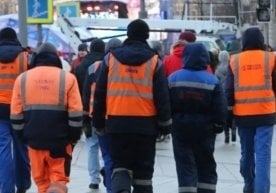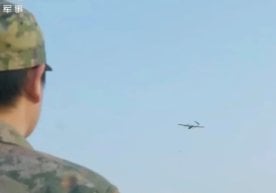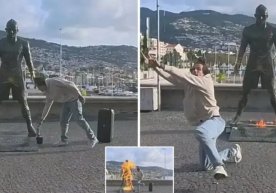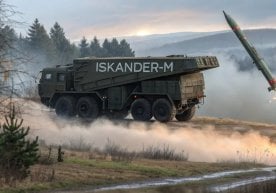Secrets and Truths Around Tucker Carlson’s Online Interview with the President of Iran
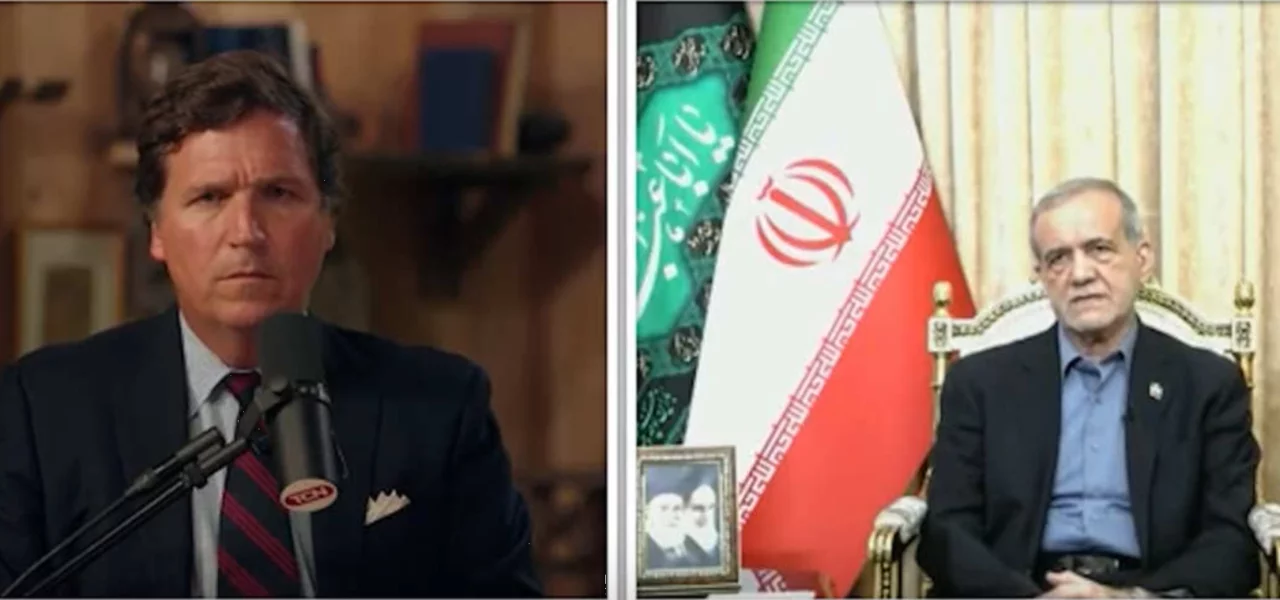
One of the most sensational and controversy-provoking political interviews in the Middle East was the meeting between American famous TV host Tucker Carlson and Iranian President Masoud Pezeshkian. Both the interview itself and every word in it became an attempt to find answers to a series of pressing questions. As in any sensational event, there was no "bombshell", but the very fact that the conversation took place and the points raised in it brought serious social issues to the surface. Carlson did not travel to Iran for this interview, and Pezeshkian did not come to America—everything was organized online, in the global media space, reports cnn.com.
One of the most notable topics at the center of the interview was the true aim of Iran’s nuclear program, relations with international organizations, and the major geopolitical confrontations in the Middle East. As Carlson conducted the interview, he first posed the classic question: is Iran really ready to give up making nuclear weapons? President Pezeshkian responded that Iran has never intended to develop nuclear weapons, and all suspicions about this are fantasies invented by Israeli Prime Minister Benjamin Netanyahu.
Pezeshkian: “Since 1984, Netanyahu has been convincing various American presidents that Iran is allegedly starting to create nuclear weapons. But this is an absolute lie. Iran has never sought to make nuclear weapons, neither in the past nor now, and this is also forbidden by the fatwa of Supreme Leader Ali Khamenei. The International Atomic Energy Agency (IAEA) has monitored all our nuclear facilities for years; monitoring has never stopped. But considering recent events, including international relations and security issues, we have stopped the agreement,” he explained.
Tucker Carlson: “If you have stopped cooperation with the international agency, how can the world trust that Iran is not enriching uranium? Who can guarantee this?” he asked. Pezeshkian, instead of giving a clear, direct answer, emphasized that when Iran wanted to negotiate with America, Israel suddenly launched an attack, and the US did not remain neutral. In this situation, IAEA inspectors also lost the opportunity to access nuclear facilities for full inspection.
In response to Carlson’s question, “What is your view of reports that IAEA inspectors have passed information to Israel?” the Iranian president said: “We had suspicions about the agency’s activities, but we always allowed them access to our facilities. But after the last report, trust was completely lost. Israel attacked our nuclear facilities, and the international organization kept silent. That is not the right approach,” he replied.
During the conversation, Carlson touched on all the painful points in Iran–US and Iran–Israel relations. Pezeshkian, in turn, stressed that in Israel’s latest military attack, unarmed people—women, children, even pregnant women—who did not participate in military action were killed, and that this is clearly a war crime. “My loved ones, my family members, even I myself may become a victim. But I will fight to the end to defend my state and protect the rights of my people,” he said.
Pezeshkian also addressed Americans, stressing that there has not been any direct war between Iran and the US for 200 years, and that Iranians have never committed terrorist acts against Americans. “Wrong perceptions have been instilled about us. Iranians are not against the US, but against global oppression and injustice,” he emphasized clearly.
During the interview, Carlson also raised the issue of Iranian immigrants in America, expressing a number of prejudiced opinions about ties to terrorist groups. Pezeshkian replied, “I’m hearing this lie from you for the first time,” noting that Iranians are a people distinguished by intelligence, kindness, and good behavior.
At the end of the conversation, Carlson also raised the issue of attitudes toward Israel in American society. Until now, Israel had always been presented to Americans as an absolutely right and “sacred” state, but recent events and Middle Eastern realities have started to raise questions. This interview, broadcast on Carlson’s YouTube channel with 4.25 million subscribers, reached a wide audience. This means that now Americans can hear not only a scenario written for them, but also the position of a Middle Eastern leader.
Carlson’s interview contained dozens of sharp, direct, and reliable questions, while Pezeshkian expressed his and his nation’s position in a diplomatic, narrative, and at the same time firm manner. Both sides demonstrated freedom of speech, the difference of positions and perspectives.
In summary, this interview became an important event not only for Iran and the US, but also for the world community as a whole. It discussed nuclear security, terrorism and war, international relations, the political face of the US and Israel, and the real nature of diplomacy. Pezeshkian’s personal courage, his loyalty to the state, Carlson’s direct and critical questions—all this vividly demonstrated the political format of the 21st century.
Undoubtedly, this conversation will be widely discussed in the coming days. Because now, on the issues of the Middle East—the so-called "black box" of world politics—both ordinary Americans and the other side now have an opportunity to voice their views. Carlson’s questions and Pezeshkian’s answers may even pave the way for a new political stage—this interview could become historic. Read “Zamin” on Telegram!
Ctrl
Enter
Found a mistake?
Select the phrase and press Ctrl+Enter 

















